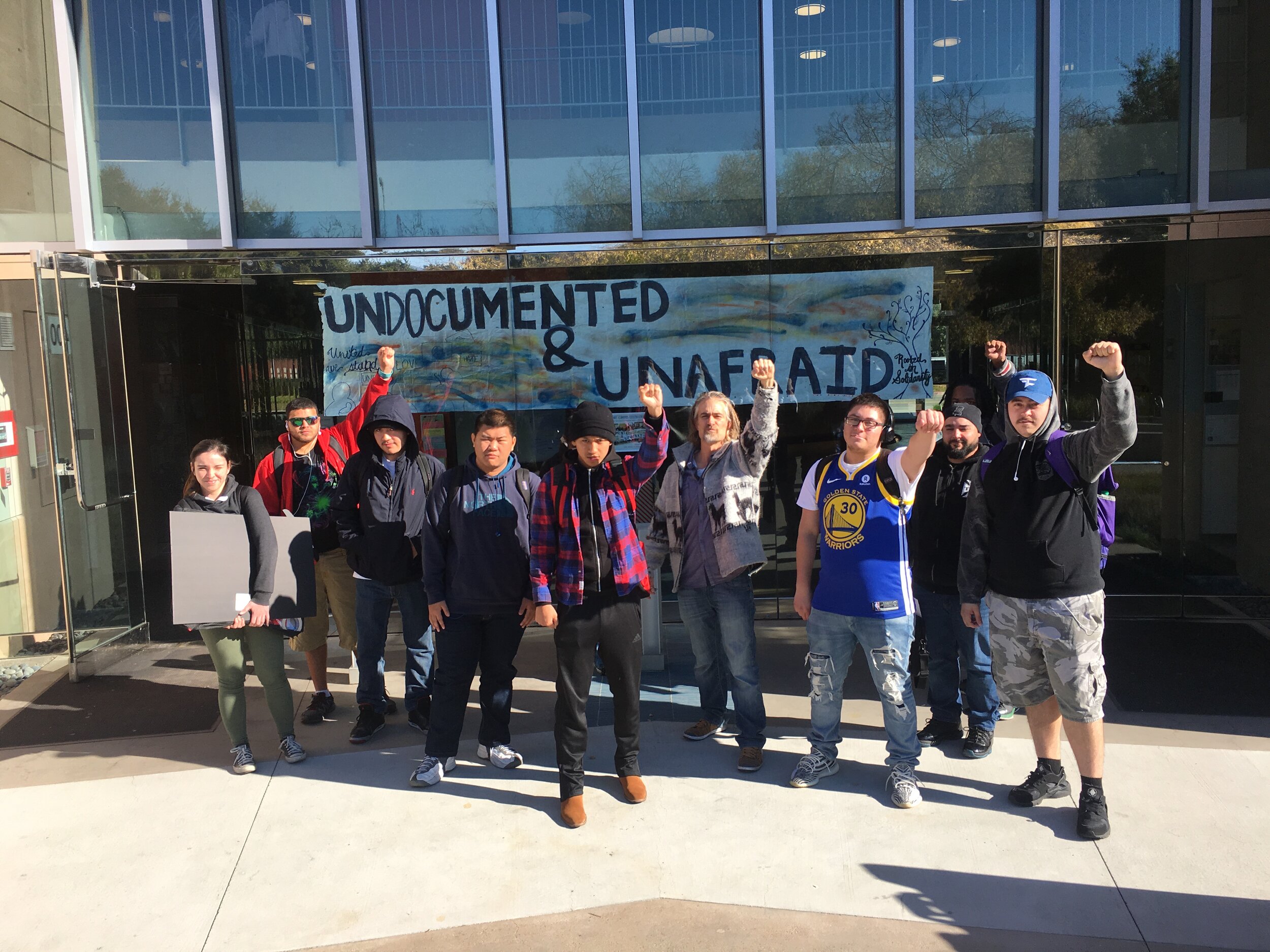
TEA Pillar:
Justice
Climate action without environmental justice simply won’t work. When we consider that we are committing ourselves to steward the planet to a habitable and sustainable future, it is abundantly clear that the future cannot look like our colonial, industrial past and present. That world order is not sustainable and in fact explains so thoroughly why we are in this planetary crisis and find it so overwhelmingly challenging to come together and bring our best selves to bear on solving it.
Climate Justice subsumes and integrates social justice and sustainability work, recognizing that these areas are inextricably connected. Moreover, approaching this planetary crisis through a justice framework is our only chance to redress carbon inequality and to rebuild a better world. Higher ed institutions can foster climate reparations, green electrification to the one billion plus people without electricity, carbon taxation that underwrites renewable infrastructure and access.
The time where the environmentalist drove through the industrial emissions, past wheezing children with asthma in the flatlands, up to the mountains to save a stream or meadow is gone. The time where the frontline fossil fuel workers and communities were the enemy of the tree hugger has to be overcome now. TEA centers its work on raising the voices and lived realities of frontline and fenceline communities in our work to support climate action.
~~All education is environmental education~~
The issues that face us and that impact Mother Earth amount to an eco-battle for the future of this planet. As the recent IPCC report reminds us, we are in critical need of repairing the earth and its climate.
~~All ecological systems are interdisciplinary~~
We have to reverse greenhouse gas emissions, end the production of single use plastics, dramatically improve recycling and upcycling practices, and stop extending our reliance on cheap fossil fuels.
~~All futures intersect with climate ~~
Communities of color and low-income communities are on the front lines of eco-battles, and are most impacted by environmental injustices. Urban colleges serving low income, diverse student bodies are often not supported to provide Action Learning opportunities about the planet’s biggest challenges.
~~All communities are stakeholders~~
To solve our most profound global crises and to repair our planet, we must learn from Indigenous practices and support Indigenous stewardship of Mother Earth.
~~All expertise is necessary~~







